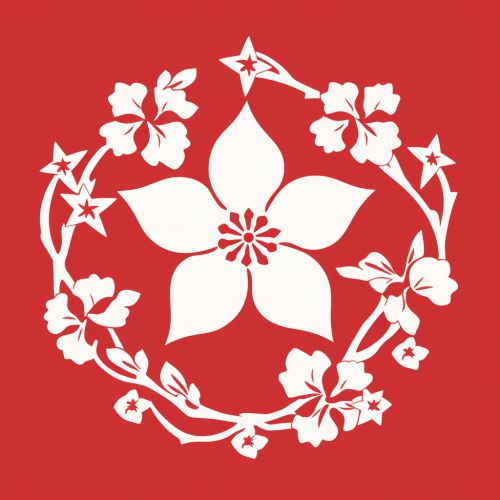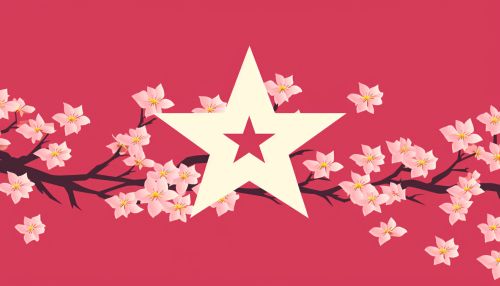Chinese Communist Party
Overview
The Chinese Communist Party (CCP) is the founding and ruling political party of the People's Republic of China (PRC). The CCP is the sole governing party within mainland China, permitting only eight other, subordinated parties to co-exist, those making up the United Front. It was founded in 1921, chiefly by Chen Duxiu and Li Dazhao. The party grew quickly, and by 1949 it had driven the nationalist Kuomintang (KMT) government from mainland China after the Chinese Civil War, leading to the establishment of the People's Republic of China.


History
The history of the Chinese Communist Party can be divided into several periods, each marked by significant events and changes in China's political, economic, and social spheres.
Founding and Early Years (1921–1927)
The CCP was founded in July 1921 by Chen Duxiu and Li Dazhao, who were both intellectuals influenced by the October Revolution in Russia. The party initially focused on urban labor movements, but it soon began to seek support from the rural peasantry.
Chinese Civil War (1927–1949)
The Chinese Civil War marked a significant period in the CCP's history. The party, under the leadership of Mao Zedong, fought against the KMT for control of China. The CCP's Red Army utilized guerrilla warfare tactics in the rural areas of China, gaining significant support from the peasantry.
Mao Era (1949–1976)
With the establishment of the People's Republic of China in 1949, the CCP became the country's ruling party. Under Mao's leadership, the party implemented policies such as the Great Leap Forward and the Cultural Revolution, which had profound impacts on the country.
Post-Mao Era (1976–present)
After Mao's death in 1976, the CCP underwent significant changes under the leadership of Deng Xiaoping. The party shifted its focus from class struggle to economic development, leading to the implementation of the Reform and Opening-up Policy.
Ideology
The CCP's ideology has evolved over time, reflecting the changing social and economic conditions in China. The party's guiding ideologies include Marxism-Leninism, Mao Zedong Thought, Deng Xiaoping Theory, the Three Represents, the Scientific Outlook on Development, and Xi Jinping Thought on Socialism with Chinese Characteristics for a New Era.
Structure and Organization
The CCP has a hierarchical organizational structure, with the National Congress of the Chinese Communist Party at the top. The Congress elects the Central Committee, which in turn elects the Politburo and the Politburo Standing Committee, the de facto top decision-making body in China.
Role in Society
The CCP plays a pervasive role in Chinese society. It controls the government, the military, the economy, and the education system, among other areas. The party also has a significant influence on the media, the judiciary, and the civil society.
Criticisms and Controversies
The CCP has been the subject of various criticisms and controversies, both domestically and internationally. These include issues related to human rights, corruption, censorship, and its handling of various incidents and crises.
